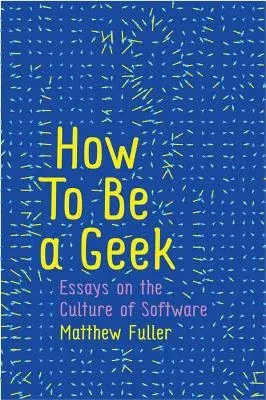Computer software and its structures, devices and processes are woven
into our everyday life. Their significance is not just technical: the
algorithms, programming languages, abstractions and metadata that
millions of people rely on every day have far-reaching implications for
the way we understand the underlying dynamics of contemporary societies.
In this innovative new book, software studies theorist Matthew Fuller
examines how the introduction and expansion of computational systems
into areas ranging from urban planning and state surveillance to games
and voting systems are transforming our understanding of politics,
culture and aesthetics in the twenty-first century. Combining historical
insight and a deep understanding of the technology powering modern
software systems with a powerful critical perspective, this book opens
up new ways of understanding the fundamental infrastructures of
contemporary life, economies, entertainment and warfare.
In so doing Fuller shows that everyone must learn 'how to be a geek', as
the seemingly opaque processes and structures of modern computer and
software technology have a significance that no-one can afford to
ignore. This powerful and engaging book will be of interest to everyone
interested in a critical understanding of the political and cultural
ramifications of digital media and computing in the modern world.

